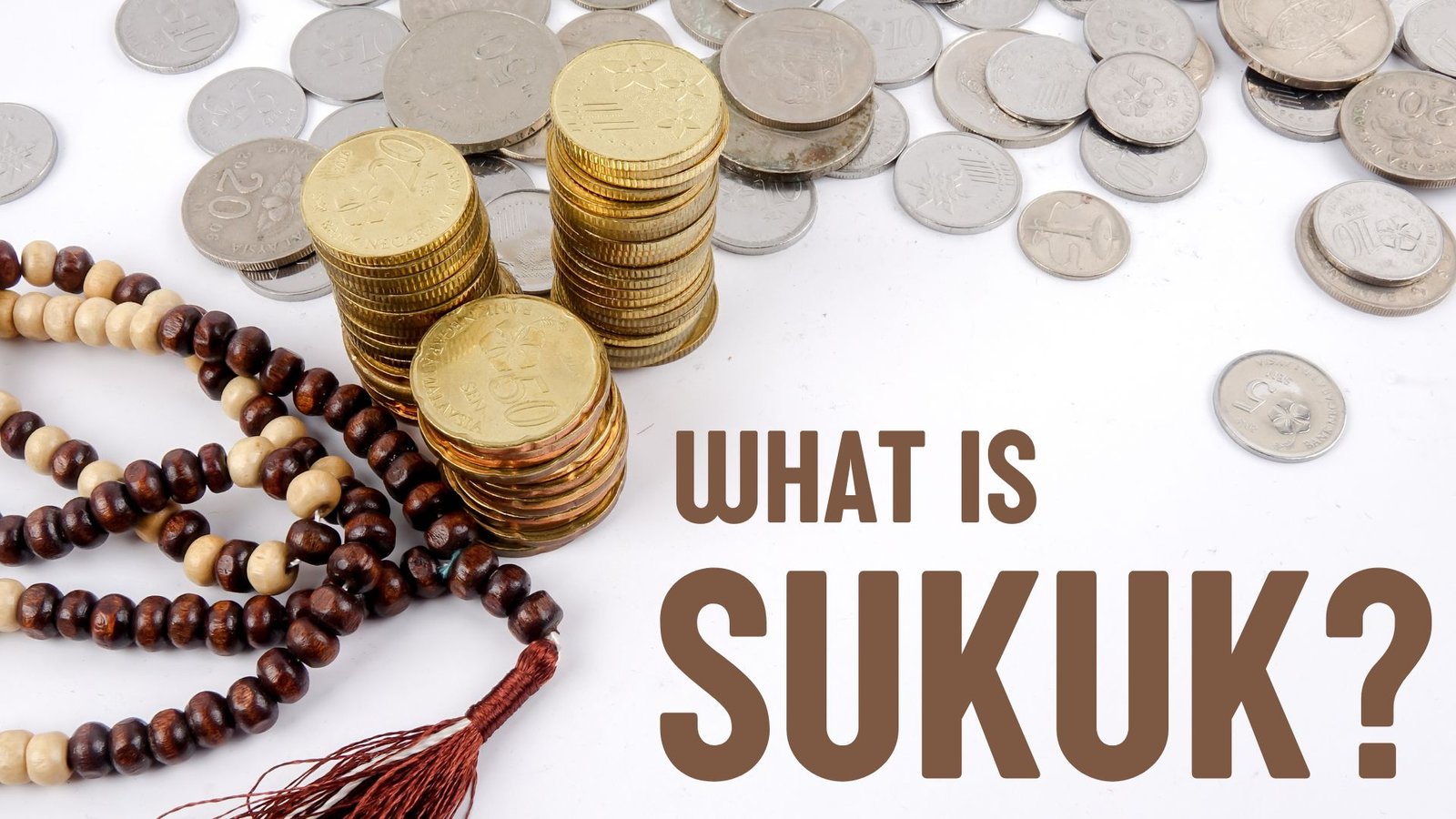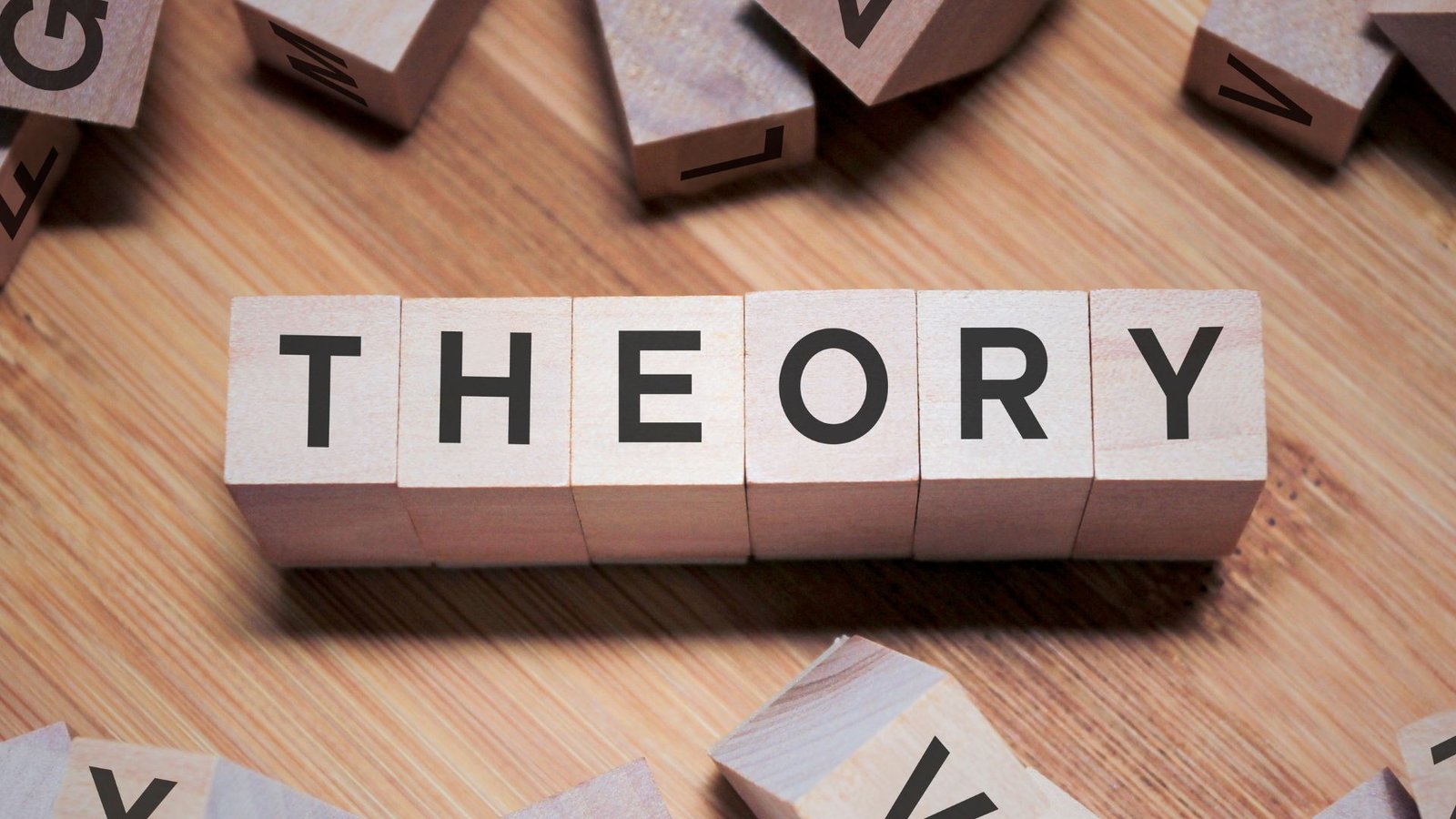On this page you will read detailed information about Sukuk.
You may have heard about sukuk, the Islamic financial certificates that are structured to comply with Sharia law while functioning similar to conventional bonds. To understand sukuk and how they work, you must first comprehend the prohibitions in Islamic banking. As an alternative to interest-bearing securities, sukuk grants investors ownership interests in underlying assets and entitlement to profits rather than interest payments. We will explore the structure of sukuk, examining how they raise capital and transfer assets to investors in ways that align with Islamic principles. You will gain insight into the fast-growing sukuk market and why many see ethical benefits from these Islamic financial instruments versus conventional bonds. This overview sets the foundation to evaluate if sukuk should have a place in your portfolio.
What Is Sukuk?

Sukuk, also referred to as Islamic bonds, are financial certificates that represent partial ownership in an asset or underlying project. Here is what you need to know about sukuk:
- Sukuk are structured to comply with Islamic religious law, which prohibits receiving or paying interest. They function similarly to conventional bonds but avoid interest payments through alternative arrangements.
- The issuer sells certificates to investors, who receive ownership in the underlying assets or enterprise. The investors share profits and losses instead of interest.
- Common structures used for sukuk include ijarah (leasing), musharakah (partnership), mudarabah (profit sharing), and murabahah (cost plus profit sale).
- Sukuk can be issued by international organizations, governments, or corporations to raise funds. The proceeds may finance public or private commercial projects.
- Global sukuk issuance has grown substantially over the past decade, surpassing $100 billion in 2014. Key markets include Asia and the Middle East.
- Investors in sukuk include Islamic banks, asset managers, pension funds, central banks, sovereign wealth funds, and individual retail investors.
- Sukuk provide issuers with access to a large pool of Shariah-sensitive capital. For investors, sukuk offer fixed-income exposure that complies with Islamic law.
- Credit ratings agencies grade sukuk similarly to bonds. Ratings help investors assess risks such as payment default or delays. Higher rated sukuk are seen as lower risk.
In summary, sukuk have emerged as a fast-growing financial instrument that functions as an ethical alternative to conventional bonds. Their structured payouts allow for investment without paying or receiving interest, in keeping with Shariah principles.
In the previous post, we had shared information about An Examination of the Doctrine of Holding Out, so read that post also.
How Sukuk Works and Complies With Islamic Law
Sukuk is an Islamic financial instrument that works in a similar way to bonds, but which complies with Islamic religious law. Specifically, Sukuk works as follows:
- A sukuk is issued when an originator, usually a corporation or government, needs to raise capital in a manner compliant with Islamic law. The originator identifies assets from which income will be generated.
- The originator then sells certificates, or sukuk, to investors. These certificates represent an undivided ownership interest in the underlying assets.
- The sukuk holders become the legal owners of the underlying assets, and therefore receive income generated by the assets. The originator makes periodic rental payments to the sukuk holders for the right to use the assets.
- At maturity, the sukuk is redeemed at face value and the underlying assets transfer back to the originator.
This structure makes sukuk compliant with Islamic law, which prohibits interest payments or speculation. The key principles which sukuk adheres to include:
- Asset backing – Sukuk must be backed by tangible assets that generate income. Pure debt obligations are prohibited.
- No interest – The return on sukuk comes from ownership in an asset, not interest. Rental payments on the assets are allowed.
- No speculation – There must be an underlying business activity behind sukuk, not merely speculation. Gambling is prohibited.
- Risk sharing – Rather than a guaranteed return like bonds, sukuk returns depend on the performance of the underlying asset, aligning with Islamic risk-sharing principles.
By following these principles rooted in Islamic law, sukuk offers ethical fixed income investments. The global sukuk market has expanded greatly in recent years as both Muslim and conventional investors recognize their benefits.
Types of Sukuk Structures
Asset-Backed Sukuk
Asset-backed sukuk represent ownership interests in a specific, tangible asset or pool of assets. The most common are:
- Ijarah Sukuk: Lease agreements where investors own a partial stake in a leased asset, such as real estate, an aircraft, or a ship. Investors receive a share of rental payments from the lessee.
- Murabaha Sukuk: Purchase agreements where investors finance the acquisition of assets like real estate, commodities, or equipment. Investors earn a profit margin on the purchase price when the assets are sold.
- Salam Sukuk: Forward purchase agreements for future delivery of an underlying asset. Often used in the agricultural sector.
Asset-Based Sukuk
Asset-based sukuk do not offer direct ownership in assets. Instead, investors own securities underpinned by assets:
- Istisna Sukuk: Project financing certificates for assets under construction like infrastructure, power plants, or factories. Investors are paid from future revenue.
- Sukuk al-Musharaka: Investors directly finance a business venture and share profits and losses based on an equity stake. Used to raise working capital.
- Wakala Sukuk: Investors appoint an agent (usually the issuer) to manage assets on their behalf for a fee. The assets serve as collateral for the sukuk.
Each sukuk structure offers unique benefits and risks for different types of investments and issuers. Consult experts like lawyers, accountants and Sharia advisors when considering various sukuk options.
Benefits of Investing in Sukuk
Investing in Sukuk – Islamic financial certificates issued according to Islamic law – offers several advantages:
Attractive Returns
- Sukuk can generate competitive risk-adjusted returns in line with conventional bonds. The global Sukuk market has delivered annual returns ranging from 3% to 7% in recent years.
- The added stability of Sukuk, which are backed by tangible assets, can translate to less volatility than conventional bonds. This can appeal to conservative investors.
Portfolio Diversification
- Including Sukuk in an investment portfolio provides exposure to Islamic finance principles as well as real economic activities. This diversification can help reduce portfolio risk.
Socially Responsible Investing
- For values-based investors, Sukuk adhere to ethical Islamic finance standards which prohibit interest, speculation, and financing prohibited industries like gambling or adult entertainment.
Stability
- Sukuk returns derive from underlying tangible assets like real estate or leased equipment. This asset backing provides greater certainty of payments to Sukuk investors.
In summary, Sukuk present a compelling option to potentially grow wealth while aligning with one’s values. Their unique risk-return characteristics and diversification benefits make them a worthwhile addition to many investor portfolios. As the Sukuk market continues expanding globally, their investment case will only strengthen further.
Sukuk FAQs
Sukuk, sometimes referred to as “Islamic bonds”, are Sharia-compliant financial certificates that are similar to conventional bonds. Some key facts about Sukuk include:
i) Sukuk are structured to generate returns in compliance with Islamic religious law, which prohibits interest, gambling, and speculation.
ii) They represent ownership in an asset, business venture or investment rather than debt obligations like conventional bonds.
iii) The issuer sells certificates to investors, who receive part ownership and can receive income like rent or profits from the underlying asset.
iv) Sukuk are commonly used to finance infrastructure projects, real estate developments or specific business activities.
There are several main structures used for Sukuk:
i) Ijarah – Sukuk holders own a proportional interest in an asset and receive returns from leasing fees.
ii) Musharakah – Investors share profits and losses in an enterprise or investment based on their ownership stake.
iii) Mudarabah – One party contributes capital while another provides management and labor to share returns according to an agreed ratio.
iv) Wakala – Investors appoint an agent or entrepreneur to invest funds on their behalf for a fee.
The returns investors receive mirror the cash flows generated by the underlying asset or business activity without violating Islamic financing principles.
Some advantages of Sukuk include:
i) Providing Sharia-compliant fixed-income investment options for Muslim investors
ii) Diversification for conventional investor portfolios
iii) Raising capital for governments and corporations, often for infrastructure funding
iv) Supporting ethical and sustainable projects
Sukuk offer opportunities for both Muslim and non-Muslim investors as well as issuers seeking alternative financing methods for projects.
Conclusion
As you have seen, sukuk offer an alternative to conventional bonds that complies with Islamic finance principles. They enable access to new sources of funding while also providing opportunities for portfolio diversification. Understanding the key characteristics of sukuk – how they are structured, issued, traded, and redeemed – will allow you to evaluate if they may be a suitable investment for your needs. With growth expected to continue, sukuk present an increasingly important segment of global capital markets. We hope this introduction has provided a foundation for further exploration as to how sukuk can contribute to your investment strategy.
Disclaimer
The information and services on this website are not intended to and shall not be used as legal advice. You should consult a Legal Professional for any legal or solicited advice. While we have good faith and our own independent research to every information listed on the website and do our best to ensure that the data provided is accurate. However, we do not guarantee the information provided is accurate and make no representation or warranty of any kind, express or implied, regarding the accuracy, adequacy, validity, reliability, availability, or completeness of any information on the Site. UNDER NO CIRCUMSTANCES SHALL WE HAVE ANY LIABILITY TO YOU FOR ANY LOSS OR DAMAGE OF ANY KIND INCURRED AS A RESULT OR RELIANCE ON ANY INFORMATION PROVIDED ON THE SITE. YOUR USE OF THE SITE AND YOUR RELIANCE ON ANY INFORMATION ON THE SITE IS SOLELY AT YOUR OWN RISK. Comments on this website are the sole responsibility of their writers so the accuracy, completeness, veracity, honesty, factuality and politeness of comments are not guaranteed.
So friends, today we talked about Sukuk, hope you liked our post.
If you liked the information about Sukuk, then definitely share this article with your friends.








